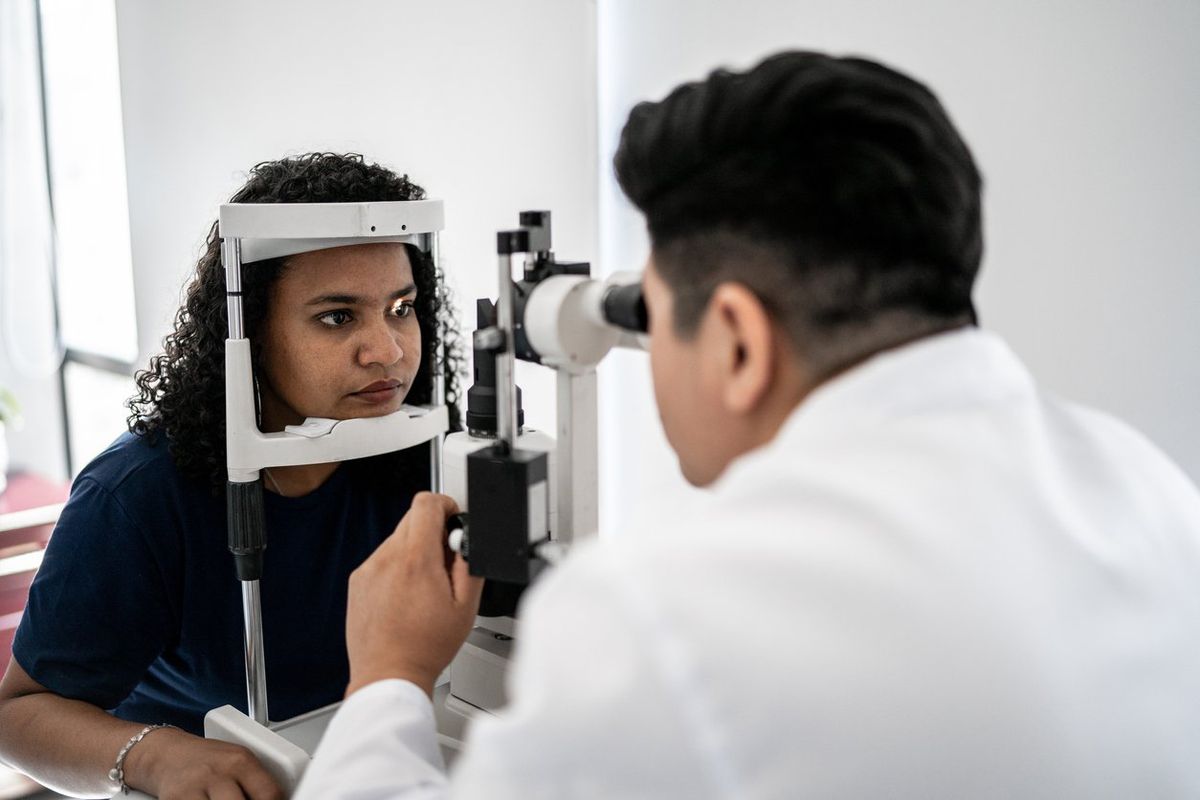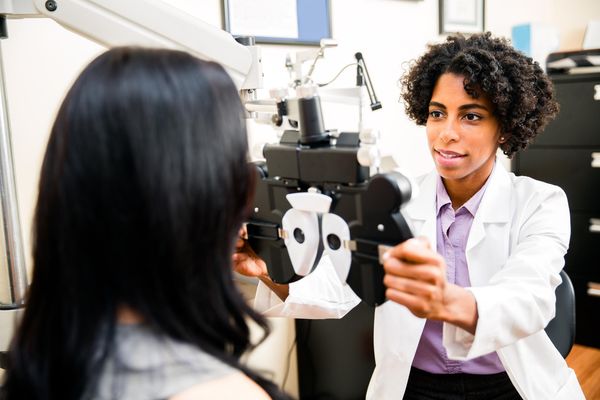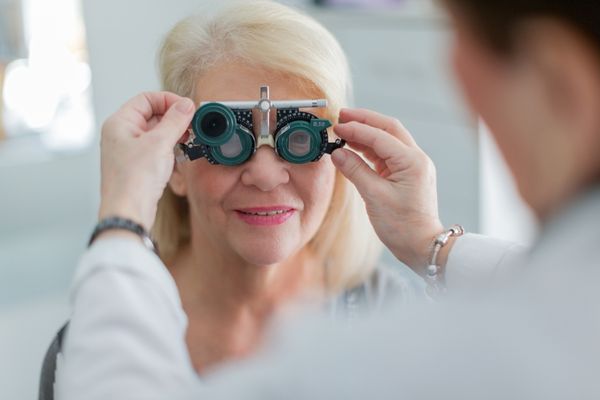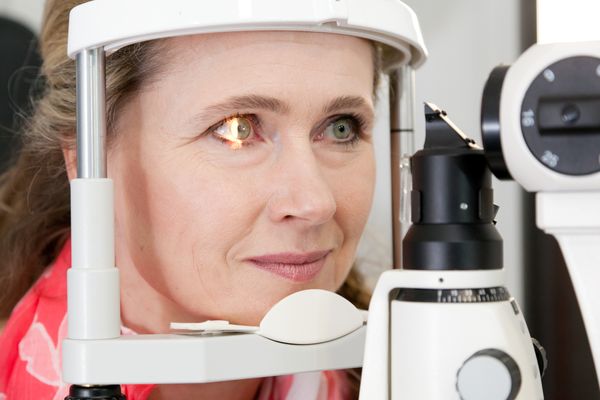Q:
I don't know what to ask during my next eye doctor visit. What are some tips for a better conversation?
A:
Conversations are an important part of any relationship, including the one you have with your eye care professional. In fact, good communication is something that I emphasize in my practice, and it's just as important as the physical exam for identifying symptoms, determining a diagnosis and developing the right treatment plan for my patients.
According to a recent online survey of 1,053 adult Americans, conducted by Allergan, makers of Restasis Multidose® (cyclosporine ophthalmic emulsion) 0.05%, and Kelton Global, only a third (36%) of respondents felt the conversation they had with their doctor was most important when it comes to diagnosis, as compared to the exam and lab results.
When you visit your eye care professional, it's important to ask the right questions, especially when it comes to common, but often overlooked conditions such as chronic dry eye disease. In fact, many of my patients with a type of chronic dry eye didn't realize something was wrong until we had a candid conversation about their symptoms. For example, I've seen a lot of patients that use artificial tears often or for a long time, not realizing there could be an underlying cause for their condition or other treatment options that could help.
The same can be true for other eye conditions as well, especially when you don't realize something might be wrong in the first place.
So, to have the most productive office visit with your eye care professional, here are some tips for a good conversation:
Keep track of your symptoms. In the weeks leading up to your appointment, pay attention to any changes in your eye health and keep a mental log of the eye symptoms you are having, such as burning, a gritty sensation or watery eyes.
Be open and honest. It's a good rule of thumb in all your relationships, including those with your health care providers. Don't be afraid to bring up symptoms or eye-related changes, even if you don't think there is an issue, as they can provide clues to help your eye care professional make a proper diagnosis.
Ask good questions. Before your visit, think of questions that you want to bring up during your conversation with your eye care professional. Below are some sample questions to help guide your conversation:
- Does this diagnosis address the core of my problem?
- Is there an underlying cause for my condition?
- What will help my condition? What will make it worse?
- Are there lifestyle changes I should make?
Also consider taking the brief Dry Eye quiz on Restasis.com before your visit and discussing the results with your eye care professional.
Be engaged. The more engaged you are during the conversation with your eye care professional, the more comfortable he or she will be in putting together a customized treatment plan that is right for you. Talking to your doctor about what you're experiencing and treatment options like Restasis Multidose®—which helps increase your eyes' natural ability to produce tears, which may be reduced by inflammation due to chronic dry eye—may be key parts of the conversation.
Remember, good communication with your eye care professional should be ongoing. Continue to keep an open, honest dialogue about any issues and whether treatments are working following your appointment to ensure you and your eye care professional are managing your eyes together.
This resource was developed with the support of Allergan.
Read Related Content:
Conversations with Your Eye Care Professional May Reveal More Than Meets the Eye
What You Need to Know About Chronic Dry Eye
How to Talk About Your Eyes







